Rohingya Refugee Crisis
This report analyses the socio-normative values, beliefs and practices of the Rohingya around health, wellbeing and nutrition, and around the protection of children, adolescents and women (including gender norms) in the context of mass displacement from Myanmar to refugee camps in Bangladesh. The report provides practical information of Rohingya social and cultural practices so as to best tailor service delivery and emergency programming in the camps.
Sign up to our newsletter
Updates with our publications, blogs, infographics and other relevant resources.
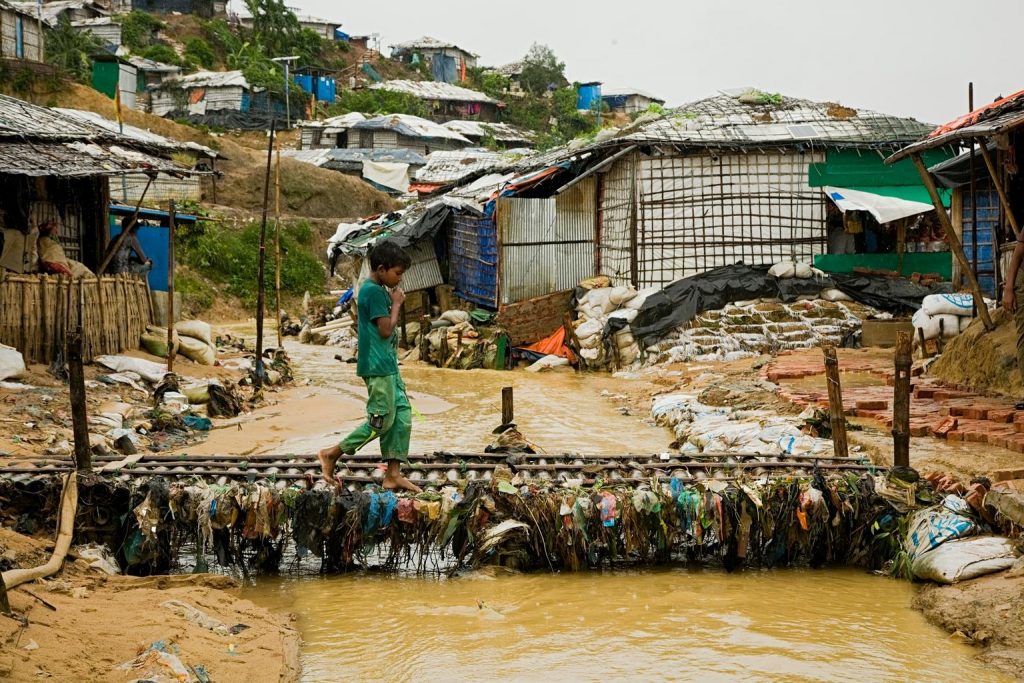
Photo credit: UNICEF/Sujan
Refugee shelters are precariously positioned on soft soil atop hills in Camp 8 in Cox’s Bazar, Bangladesh. The shelters are vulnerable to landslides during monsoon season and the toilets overflow. (Photo from July 2019)
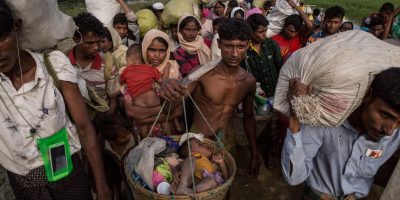
Evidence Reviews
Social and Cultural Factors Shaping Health and Nutrition, Wellbeing and Protection of the Rohingya Within a Humanitarian Context
More than half a million Rohingya refugees, 60% of them children (UNICEF 2017), have crossed the border into Bangladesh, joining refugee camps or settling informally, and are in dire need of basic services such as food, health care, and protection.…
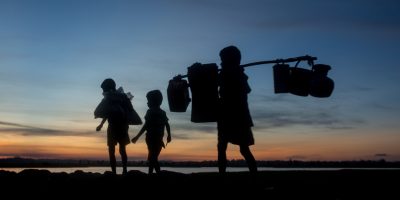
Background Reports
Ethno-Demographic Dynamics of the Rohingya-Buddhist Conflict
Ethno-demographic grievances define the conflict between Buddhist and Rohingya-Muslim populations in the Rakhine State of Myanmar. Due to the government’s decision to avoid the enumeration of self-identifying Rohingya, this study has relied on several recent local surveys to reconstruct a…
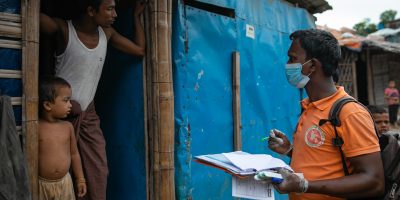
Evidence Reviews
Review of the Evidence Landscape on the Risk Communication and Community Engagement Interventions Among the Rohingya Refugees to Enhance Healthcare Seeking Behaviours in Cox’s Bazar
This review paper synthesises and assesses the quality of the evidence landscape available and how the Rohingya seek and access healthcare services in Cox’s Bazar
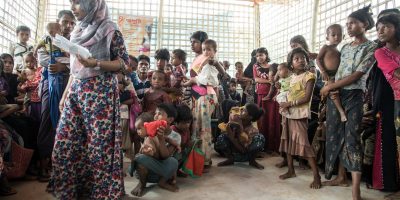
Background Reports
Gender-Based Violence Among Documented Rohingya Refugees in Bangladesh
The Rohingya, a Muslim minority group from the northern part of Rakhine State (formerly Arakan) in Myanmar, is among the most vulnerable of the world’s refugee communities. This study aims to shed light on gender-based violence among documented Rohingya refugees…


